"There is no us and them when it comes to the environmental challenges caused by pollution! We are all responsible, so we need to work together to raise awareness and preserve nature and the environment. Producing plastic-free sustainable packaging for the fresh produce sector is our contribution, the most solid answer we can provide," reports Giuseppe Merloni, CEO for the fresh produce sector at inKarta.
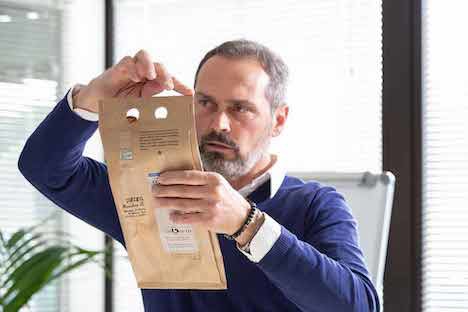
"Fossil-based packaging for food products is a problem when it comes to the health of our planet, as it contributes to the input of tons of waste into the environment every day."
"Most of the materials are combined materials, laminates - i.e. those with symbol other (07) that cannot be recycled - the rest are single materials (PP, PET, PE, HDPE, PS, PVC), which are highly pollutant when they are not properly recycled, as they are basically indestructible. At most, they disintegrate into micro-plastics that have already become part of the human food chain causing health problems and huge health costs. This is why choosing sustainable packaging is not a trend or a fad, it is needed!"
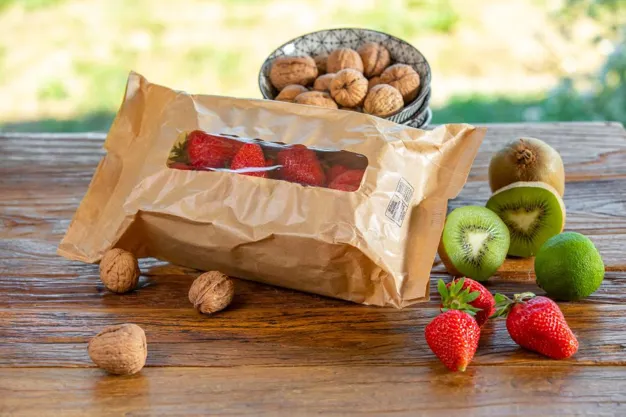
"The European community has issued strict regulations to zero air, water and soil pollution. In our case, it requires flexible packaging to be sustainable, recyclable, biodegradable/compostable (European New Green Deal). Unfortunately, the large multinationals keep producing and selling plastic even when unnecessary. The most virtuous companies produce RPET (recycled PET), but the majority produces combined materials, laminates, so-called green materials that hide plastic making it unrecognizable, non-recyclable or recyclable only in industrial environments through circuits that do not exist. Then there are companies that perform the so-called 'green washing', i.e. those who only fake being eco-friendly."
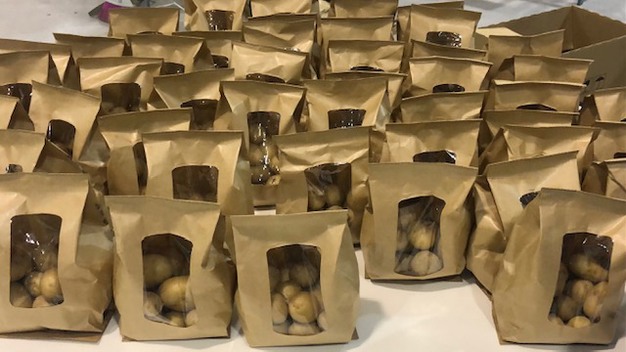
"inKarta sells flexible packaging for fresh, dried and frozen products every day. It is our work, our business. We have taken up this challenge and opted for certified sustainable, recyclable, plastic-free packaging to safeguard the health of the planet and of all those who live on it. Thanks to the NoW technology by Policaerta AFC Packaging, our solutions are a sustainable alternative that is technologically more advanced than all fossil-based flexible solutions found on the market."
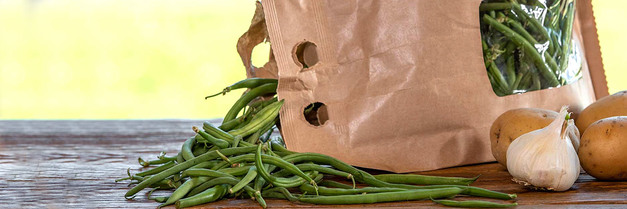
InKarta solutions are not merely plastic-free, as they are made of paper and cellulose hydrate, the best material of vegetable origin in the world when it comes to transparency and certified as 'home compostable'. Everything can be disposed of as paper and is made using raw materials obtained from FSC-certified (Forest Stewardship Council) renewable sources. All the paper is recyclable and, should it end up in the sea, it is biodegradable/compostable.
"What is more, our solutions favor a microclimate inside them that noticeably extends the shelf-life of the perishable products they contain (fruit, potatoes, onions, shallot, garlic, green beans, carrots, citrus fruit, fennel). They also constitute a barrier for UV rays, which are the cause of the oxidation and greening of many products such as potatoes."
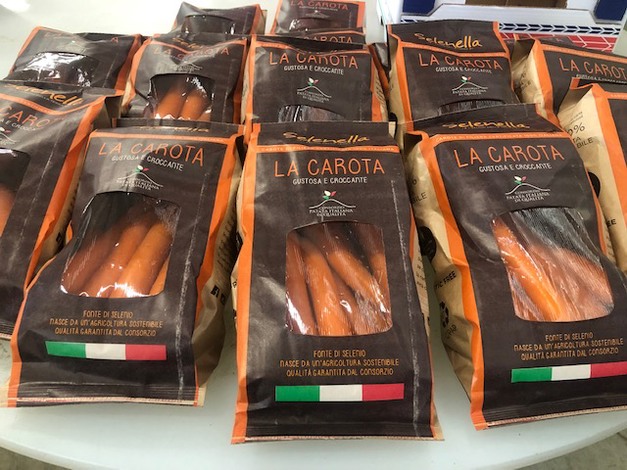 In the photo: Selenella potatoes inside inKarta bags using the NoW technology.
In the photo: Selenella potatoes inside inKarta bags using the NoW technology.
It is the ideal packaging for produce between 0 and 2.5 kg, dry or humid, as it is breathable. The texture of the paper is a natural barrier against the proliferation of bacteria/viruses and the oxidation caused by UV rays. Its porosity creates an ideal microclimate to preserve freshness, prolong shelf-life and protect the content from external agents.
The packaging holds the following certifications: FSC, Aticelca 501/20 (class A and W.M.U.13-10-2020), Water based Din Certco EN 13342:2006-08, TUV TA8021601615), Home compostable for cellulose hydrate.
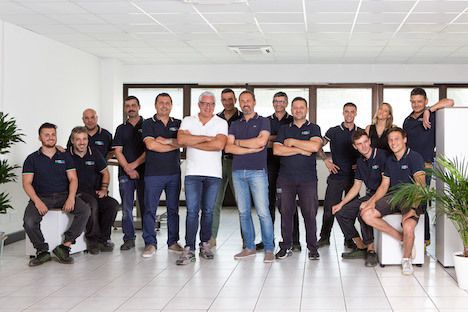
"The paper processed using the NoW technology by Policarta AFC can be heat-sealed and printed with certified water-based materials. We use virgin Kraft paper from FSC-certified forests, i.e. those that, when growing, turn carbon dioxide into oxygen. The paper is produced according to zero residue circular economy procedures and its virtuosity - based on the NoW technology (No Waste Technology) - is also recognized by Enea."
For further information:
Giuseppe Merloni
+39 335 7220145
inKarta srl
Via Primo D'Altri 259
47522 Cesena (FC) - Italy
+39 0547 600819
giuseppemerloni@gmail.com
www.inkartasrl.eu
